POPI Act
Protection of Personal Information Act
South Africa’s POPI Act, in effect since July 2021, strengthens organizations’ responsibility for protecting and lawfully processing personal information.
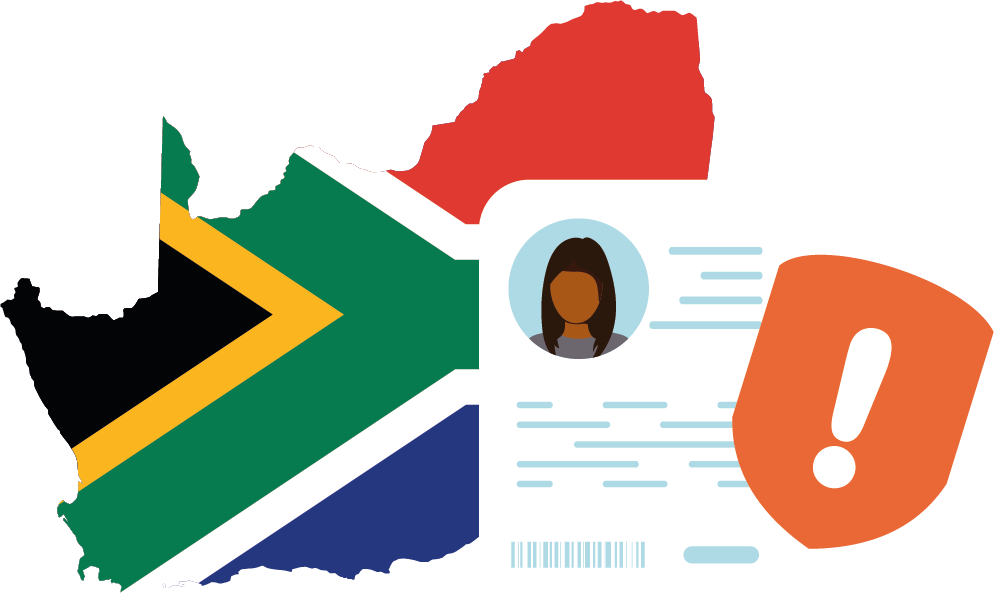
What is the POPIA and when does it apply?
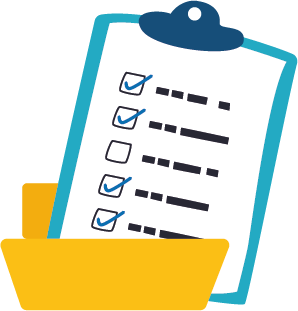
The POPIA (Protection of Personal Information Act) strengthens the protection of personal data in South Africa. It gives individuals the right to be informed, to access their data, to request correction or deletion, to object to certain types of processing, and to lodge complaints with the Information Regulator. A key distinction of the POPIA is that consent is not always required — processing is lawful as long as the responsible party complies with the eight conditions and ensures that its operators do the same.
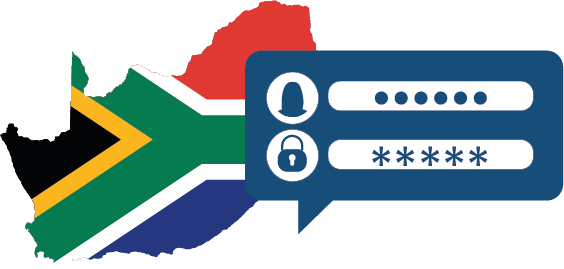
Adopted in 2013, the POPIA took full effect on July 1, 2021, following a one-year grace period that began on July 1, 2020. It applies to both public and private entities that process personal information within South Africa or relating to South African residents, and it protects the data of natural persons as well as certain juristic persons such as companies and organizations.
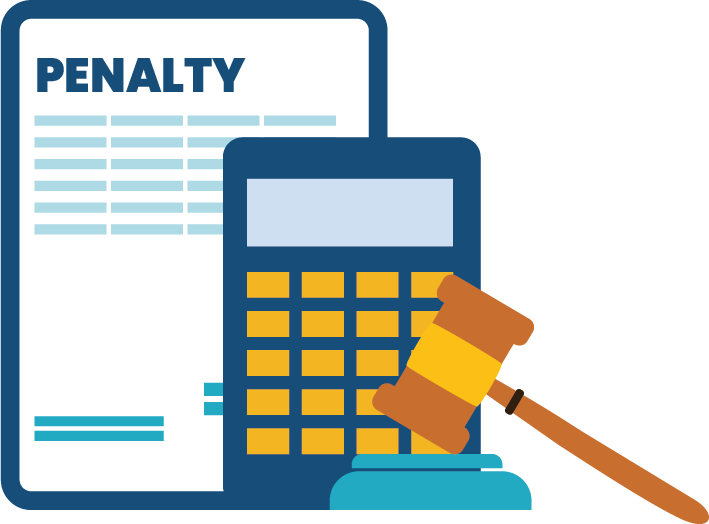
Who is affected by this South African Law and what are the penalties for non-compliance?
The POPIA applies to all public and private entities, whether based in South Africa or abroad, that process personal information within South Africa using automated or non-automated means. It covers data relating to identifiable individuals as well as certain juristic persons such as companies. However, the Act excludes data processed for purely personal reasons, information that has been de-identified, or data processed for national security, law enforcement, or journalistic purposes.
In case of non-compliance, penalties under Chapters 10 and 11 of the Act include fines of up to 10 million ZAR and imprisonment of up to 10 years, depending on the severity of the offense. Interfering with the Information Regulator, breaching lawful processing conditions, or providing false information under oath are also considered offenses. Both individuals and organizations found guilty may face criminal charges, and repeated violations can lead to significant financial and reputational consequences.
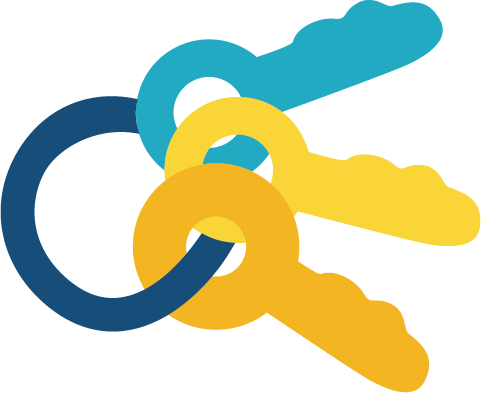
How can you comply with the POPI Act?
The POPI Act sets out eight key conditions that every entity—natural or juristic—that processes, stores, or controls personal information must comply with to ensure lawful and responsible data handling.
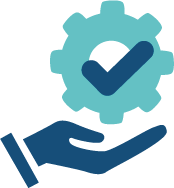
1. Accountability
The responsible party is fully accountable for ensuring compliance with all POPIA principles.

2. Processing Limitation
Personal data must be collected and used lawfully, only when relevant, and without infringing on the individual’s privacy.

3. Purpose Specification
Data must be collected for a clear, legitimate purpose and retained only as long as necessary.

4. Further Processing Limitation
Any additional use of the data must remain compatible with the original purpose for which it was collected.

5. Information Quality
Collected data must be accurate, complete, up to date, and not misleading.

6. Openness
Individuals must be informed about what data is collected, why it is collected, and how it will be used.
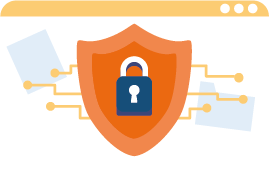
7. Security Safeguards
Appropriate technical and organizational measures must protect personal information against loss, damage, or unauthorized access.

8. Data Subject Participation
Individuals have the right to access, correct, or delete their personal data and to know how it is being processed.
Complying with these principles requires appointing an Information Officer, maintaining transparent privacy policies, training staff, securing systems, and documenting all data-handling practices to demonstrate accountability.
Anonymize your data with DOT Anonymizer !
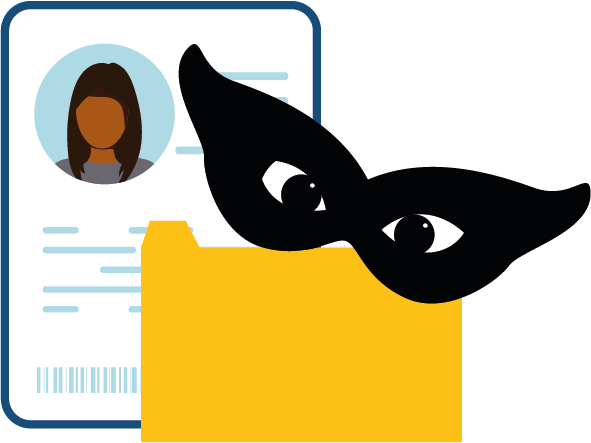
How can I protect citizens’ personal information?
Under the POPI Act, organizations must ensure confidentiality, integrity, and responsible data management: inform individuals what is collected and why, enable access/correction, and securely store and delete data when no longer needed. If you’re GDPR-compliant, you’re largely prepared—POPIA shares core principles but also protects data of legal entities.
A practical way to meet POPIA’s protection and minimization principles is data anonymization. When data isn’t needed for operations or testing, anonymizing it reduces breach risk while preserving analytical value. DOT Anonymizer automates anonymization and masking across databases, applications, and environments to help demonstrate compliance.

